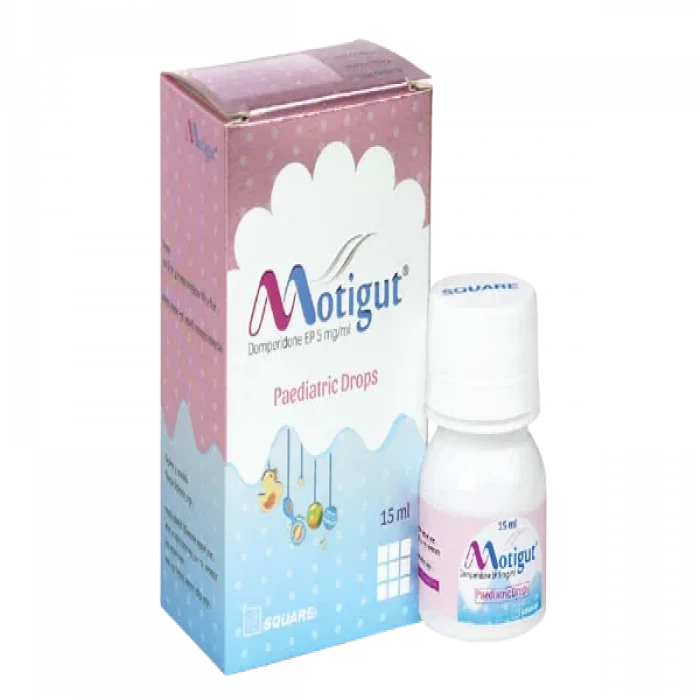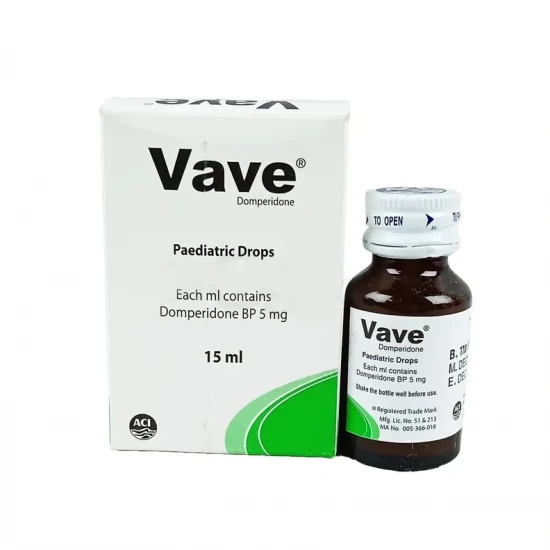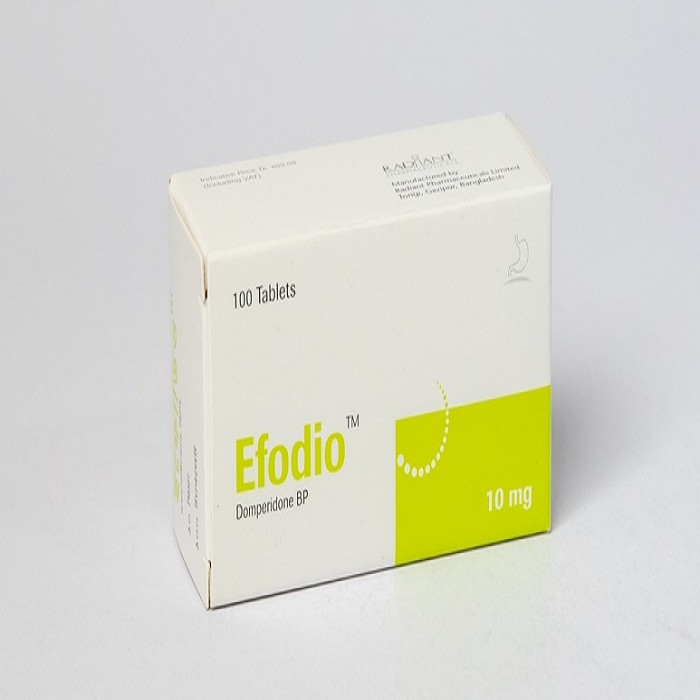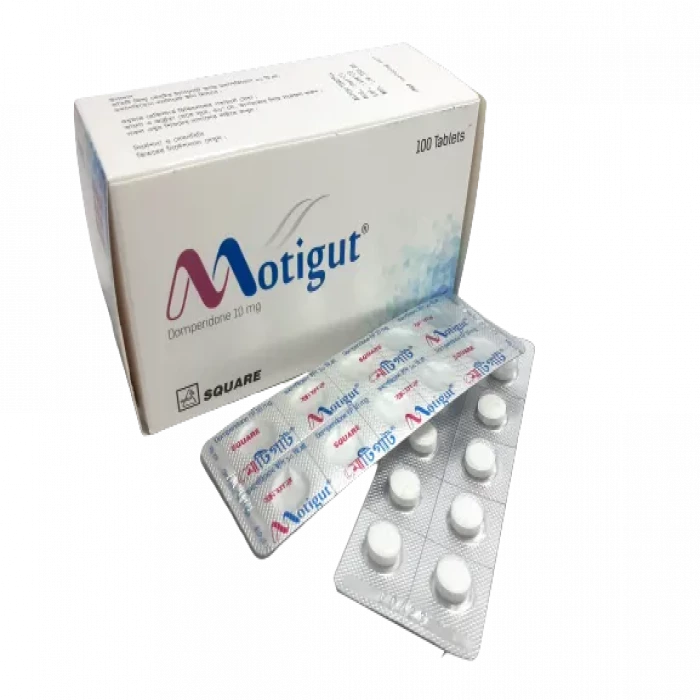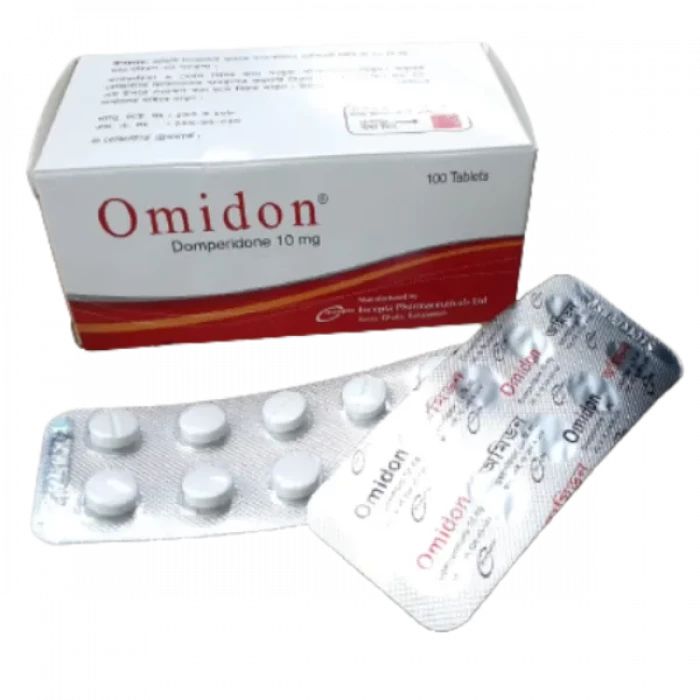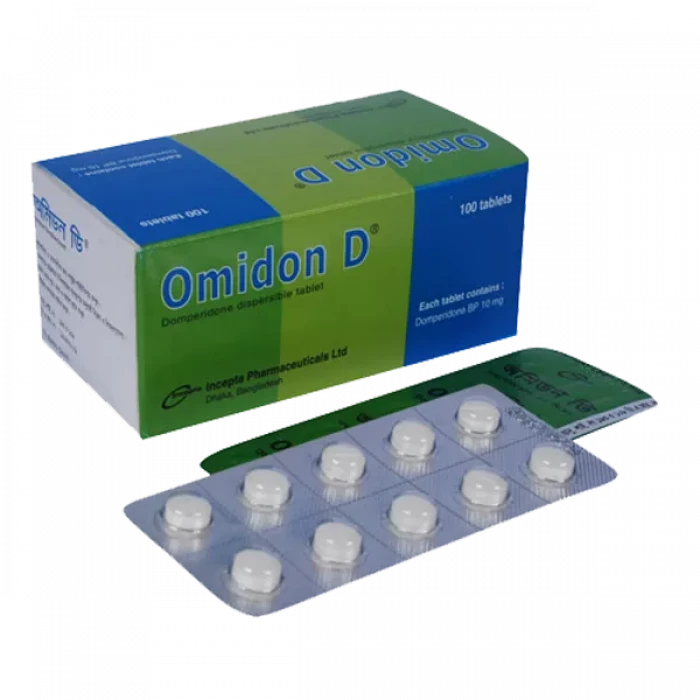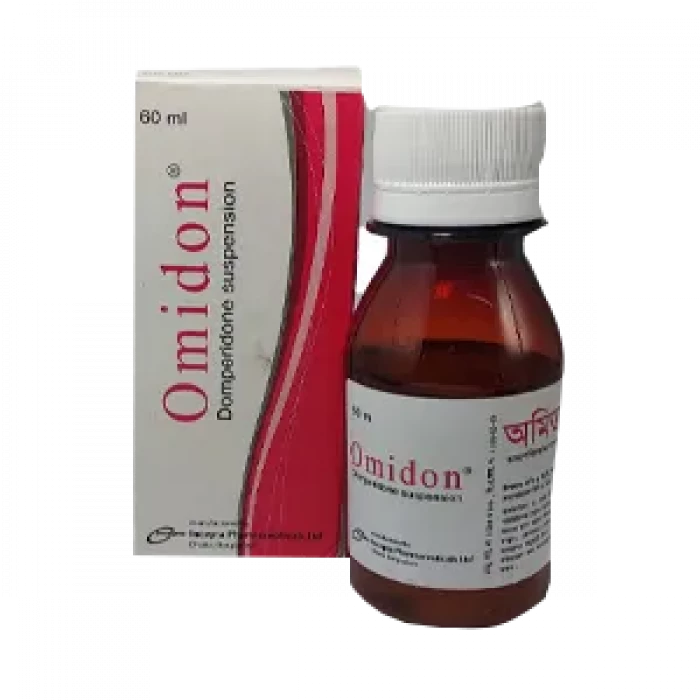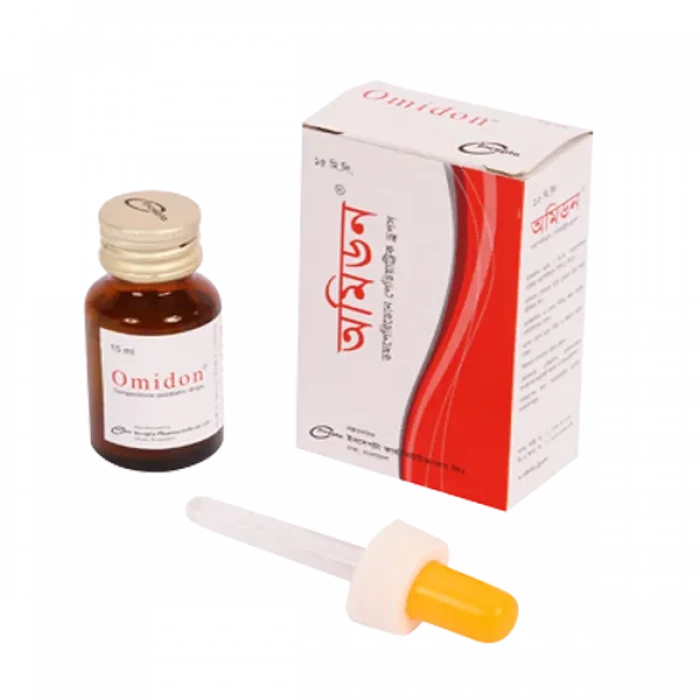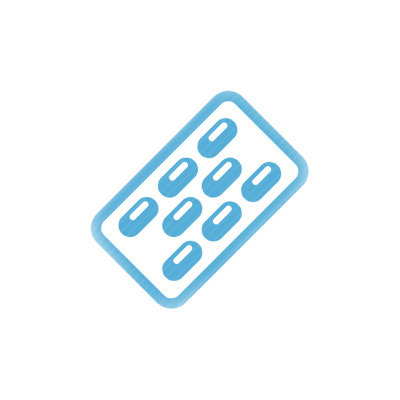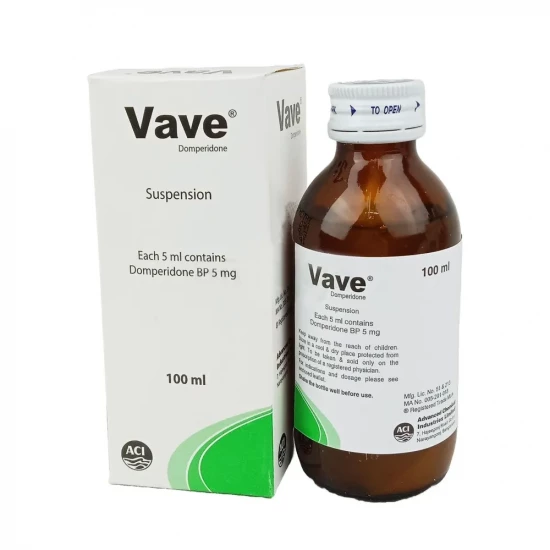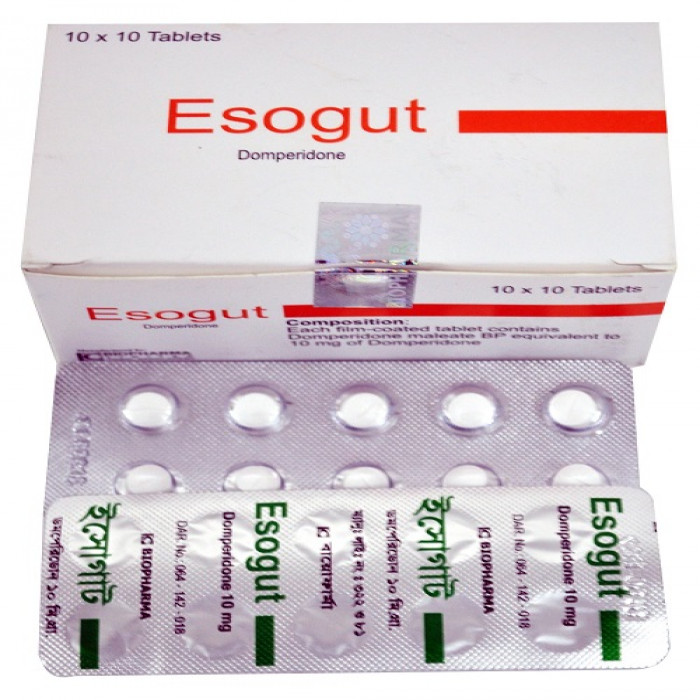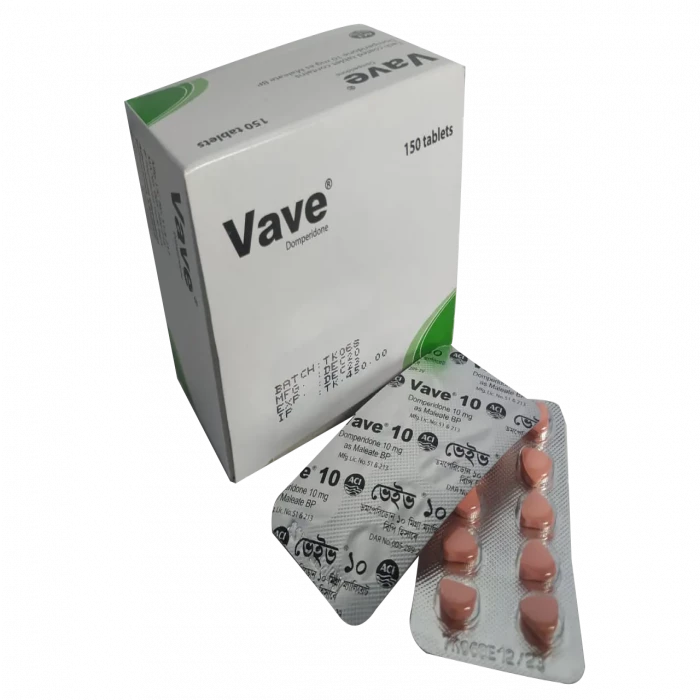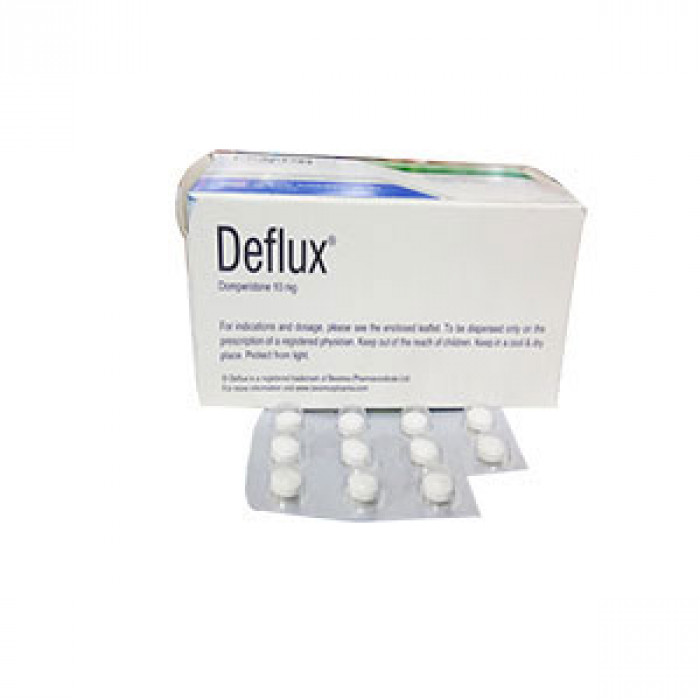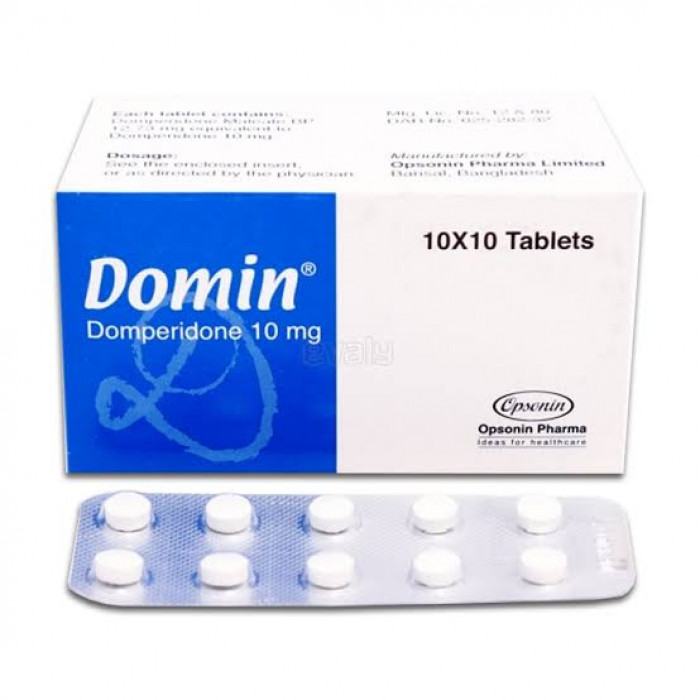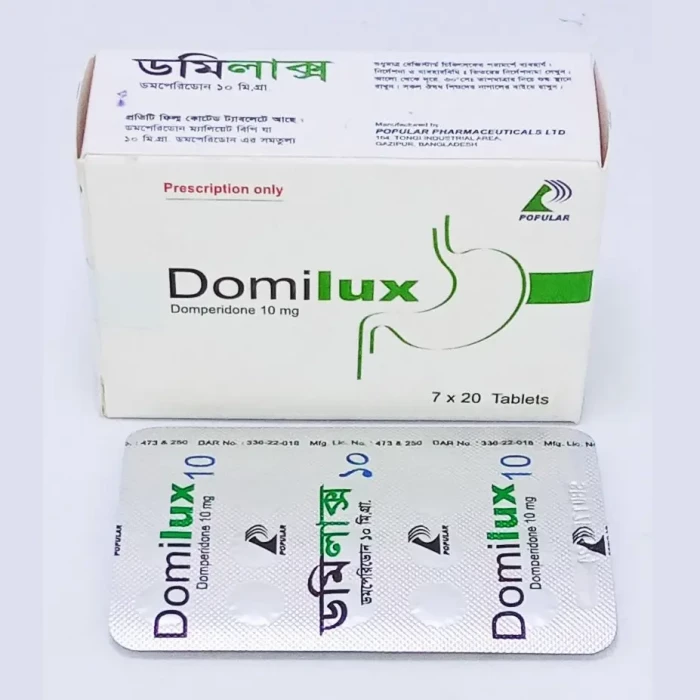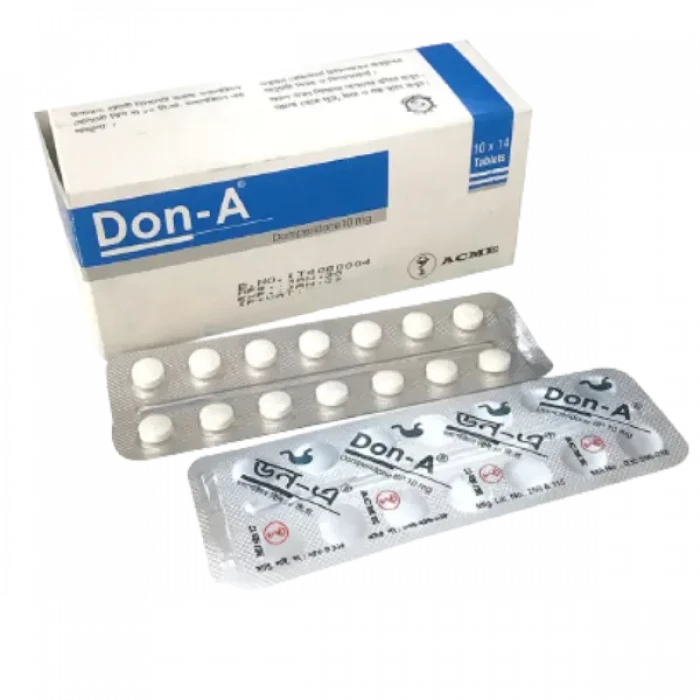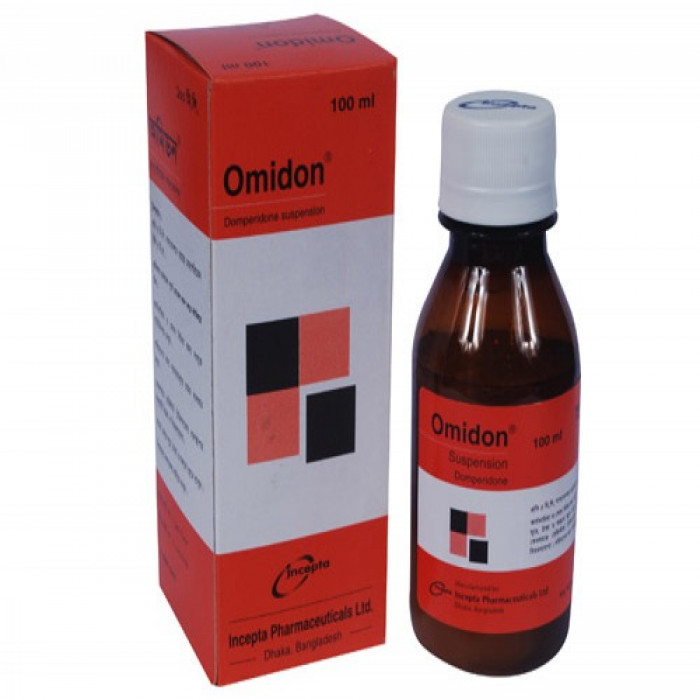
✔ 100% Authentic Product
👁️ Currently Viewing 3891
Omidon Suspension 100ml
Domperidone is used in the treatment of indigestion, nausea, and vomiting.
Discount
Price: ৳ 57
MRP:
৳
60
5%
Off

100% Genuine Products, Guaranteed

Safe & Secure Payments, Always

Fast, Secure & Efficient Delivery

Proper Packaging
 Cash on Delivery - All over Bangladesh
Cash on Delivery - All over Bangladesh Regular Delivery - 12-24 Hours, Dhaka City* Charge Tk.39-59
Regular Delivery - 12-24 Hours, Dhaka City* Charge Tk.39-59 Regular Delivery - 24-48 Hours, Other Cities* Charge Tk.99-110
Regular Delivery - 24-48 Hours, Other Cities* Charge Tk.99-110
 ফ্রি ডেলিভারিঃ - ৯৯৯ টাকা+ অর্ডারে, ঢাকা
শহরে
ফ্রি ডেলিভারিঃ - ৯৯৯ টাকা+ অর্ডারে, ঢাকা
শহরে ফ্রি ডেলিভারিঃ - ২৯৯৯ টাকা+ অর্ডারে, ঢাকার
বাহিরে
ফ্রি ডেলিভারিঃ - ২৯৯৯ টাকা+ অর্ডারে, ঢাকার
বাহিরে
100% Genuine Products, Guaranteed
Safe & Secure Payments, Always
Fast, Secure & Efficient Delivery
Proper Packaging
 Cash on Delivery - All over Bangladesh
Cash on Delivery - All over Bangladesh Regular Delivery - 12-24 Hours, Dhaka City* Charge Tk.39-59
Regular Delivery - 12-24 Hours, Dhaka City* Charge Tk.39-59 Regular Delivery - 24-48 Hours, Other Cities* Charge Tk.99-110
Regular Delivery - 24-48 Hours, Other Cities* Charge Tk.99-110 ফ্রি ডেলিভারিঃ - ৯৯৯ টাকা+ অর্ডারে, ঢাকা
শহরে
ফ্রি ডেলিভারিঃ - ৯৯৯ টাকা+ অর্ডারে, ঢাকা
শহরে ফ্রি ডেলিভারিঃ - ২৯৯৯ টাকা+ অর্ডারে, ঢাকার
বাহিরে
ফ্রি ডেলিভারিঃ - ২৯৯৯ টাকা+ অর্ডারে, ঢাকার
বাহিরে
✅ Description:
Omidon Suspension is a medication that belongs to the class of dopamine antagonists. It is primarily used to treat nausea and vomiting in adults and adolescents 12 years and older. It can also be used for the treatment of indigestion. Here are some key points about Omidon Suspension:
- Omidon Suspension contains the active ingredient domperidone, which works by blocking certain receptors in the brain, including dopamine and serotonin receptors, to prevent nausea and vomiting.
- In addition to its antiemetic effects, domperidone also acts as a prokinetic agent, which means it increases the motility of the upper gastrointestinal tract and helps in reducing stomach emptying time.
- It is important to take Omidon Suspension as prescribed by your doctor. Nausea and vomiting symptoms usually resolve within 3-4 days of treatment. If symptoms persist beyond this time, you should stop taking the medication and consult your doctor.
- The most common side effect of Omidon Suspension is dry mouth, which is usually temporary and resolves on its own. If the side effect persists or becomes bothersome, it is advisable to contact your doctor.
- It is essential not to take Omidon Suspension for longer than seven days without consulting your doctor.
- Individuals who are hypersensitive to any components present in Omidon Suspension should avoid taking the medication. It is important to inform your doctor if you have liver or kidney problems before starting treatment with Omidon Suspension.
- Prolonged use of Omidon Suspension may be associated with an increased risk of heart rhythm disorders (arrhythmia) and cardiac arrest (heart attack). This risk may be higher in elderly individuals (above 60 years old) or those taking doses higher than 30 mg daily.
- Omidon Suspension is generally not recommended during pregnancy and breastfeeding. However, in some cases, domperidone may be used to increase milk supply during breastfeeding, but only if deemed necessary by a physician. It is important to consult your doctor for advice before taking this medication if you are pregnant or breastfeeding.
- Adolescents (children aged 12-18 years) weighing less than 35 kg should not be given Omidon Suspension.
Safety Advices

Alcohol
UNSAFE
Do not consume alcohol, as it increases the side effects of Omidon Suspension.

Pregnancy
CONSULT YOUR DOCTOR
Omidon Suspension should be used with caution in pregnant women. Consult your doctor before taking it.

Breastfeeding
CONSULT YOUR DOCTOR
Omidon Suspension is not recommended for use in breastfeeding women as it may pass through breast milk. Omidon Suspension may cause unwanted side effects affecting the heart in a breastfed baby. It should only be used only if considered clearly necessary by the doctor. Consult your doctor before taking Omidon Suspension.

Driving
CAUTION
Omidon Suspension does not affect the ability to drive or use machines.

Kidney
CAUTION
Omidon Suspension should be taken with caution in patients with kidney problems such as kidney impairment or kidney failure. Your doctor might consider adjusting your dose. Consult your doctor before taking it.

Liver
CAUTION
Omidon Suspension is not recommended for use in patients having moderate to severe liver diseases such as liver function impairment or liver failure. Consult your doctor before taking it.
✔️ Uses of Omidon Suspension
- Treats nausea and vomiting
✔️ How does Omidon Suspension work?
Omidon Suspension has an anti-emetic property that acts by blocking a chemical messenger in the brain called dopamine, which transfers information through nerve endings. Suspension functions by inhibiting the muscle contraction that occurs naturally in the digestive system and enhances the peristaltic movement in the food pipe which helps in facilitating the digestion time faster, this causes calming down effect, thereby relieving nausea or vomiting sensation.
✔️ Side Effects of Omidon Suspension
Common side effects:
- Dry mouth
Uncommon side effects:
- Feeling anxious
- Feeling drowsy
- Headache
- Diarrhea
- Itchy skin, rash
- Unusual production of breast milk in men and women
- Painful or tender breasts
- Lowering of sexual desire in men
Rare side effects:
- Severe allergic reaction with symptoms such as swelling of the hands, feet, ankles, face, lips, and throat, which may cause difficulty in swallowing or breathing
- An itchy lumpy rash (hives), nettle rash (urticaria)
- Uncontrolled movements, including irregular movements of the eyes, unusual movement of the tongue, and abnormal posture (e.g., twisted neck)
- Fast, unusual heartbeat
- Seizures (fits)
✔️ Quick Suggestions:
- Omidon Suspension should be taken before meals as per the dose and duration prescribed by the doctor.
- A dry mouth may occur as a side effect. Frequent mouth rinses, good oral hygiene, increased water intake, and sugarless candy may help.
- If needed, Omidon Suspension can be given along with fever medicines unless your child’s doctor has told you not to.
- Do not mix Omidon Suspension with any herbal or ayurvedic medicines as they can harm you.
- Give Omidon Suspension for the current illness. Do not save medicines to treat future symptoms
- If you are not sure a medicine is working, do not stop the medicine abruptly by yourself. Call your child’s doctor for advice. Meanwhile, continue with the medicine.
✔️ Indication of Omidon Suspension
Omidon Suspension is used for the Treatment of-
- Gastroesophageal reflux disease (Acid reflux)
- Indigestion
- Nausea
- Vomiting
✔️ Pharmacology
Domperidone is a peripheral dopamine-receptor blocker. Its main mechanism of action is to block dopamine receptors in the gastrointestinal tract, specifically in the Chemoreceptor Trigger Zone (CTZ) and the stomach. By blocking these dopamine receptors, domperidone increases esophageal peristalsis (contractions of the esophagus), enhances gastroduodenal coordination, and reduces the pressure of the lower esophageal sphincter.
The overall effect of these actions is the facilitation of gastric emptying and a decrease in the transit time of the small bowel. This leads to improved motility and movement of food through the digestive system.
It's important to note that domperidone does not cross the blood-brain barrier as effectively as other dopamine antagonists, such as metoclopramide. Therefore, its action is primarily limited to the gastrointestinal tract, making it useful for the treatment of nausea, vomiting, and disorders related to delayed gastric emptying.
✔️ Dosage & Administration of
- General Dosage:
- Adults: The usual oral dose for adults is 10-20 mg (1-2 tablets or 10-20 ml suspension) taken every 6-8 hours daily. The maximum daily dose should not exceed 80 mg.
- Children: The recommended dose for children is 2-4 ml suspension or 0.4-0.8 ml pediatric drops per 10 kg body weight, every 6-8 hours daily.
- Dyspeptic Symptoms:
- Adults: For dyspeptic symptoms, adults can take 10-20 mg (1-2 tablets or 10-20 ml suspension) every 6-8 hours daily.
- Children: The recommended dose for children with dyspeptic symptoms is 0.2-0.4 mg/kg (2-4 ml suspension or 0.4-0.8 ml pediatric drops per 10 kg body weight) every 6-8 hours daily.
- Acute and Sub-acute Conditions (Nausea and Vomiting):
- Adults: In cases of acute and sub-acute nausea and vomiting, adults can take 20 mg (2 tablets or 20 ml suspension) every 6-8 hours daily.
- Children: The recommended dose for children experiencing acute and sub-acute nausea and vomiting is 0.2-0.4 mg/kg (2-4 ml suspension or 0.4-0.8 ml pediatric drops per 10 kg body weight) every 6-8 hours daily. The maximum treatment period for acute nausea and vomiting is 12 weeks.
Take Omidon Suspension as advised by your physician. Shake well before use. Your doctor will decide the appropriate dose and duration of Omidon Suspension for you depending on your age, body weight, and disease condition.
✔️ Interaction
It's important to inform your doctor about all the medications you are taking, including over-the-counter drugs, herbal supplements, and any underlying medical conditions you may have. Omidon Suspension may interact with various medications, and your doctor needs to consider these interactions to ensure your safety and optimize the effectiveness of the treatment.
Some of the medications that may interact with Omidon Suspension include:
- Medicines used to treat fungal infections (e.g., ketoconazole, fluconazole, voriconazole)
- Medicines used to treat bacterial infections (e.g., erythromycin, clarithromycin, telithromycin, moxifloxacin, pentamidine)
- Medicines used to treat heart problems or high blood pressure (e.g., amiodarone, dronedarone, quinidine, disopyramide, bepridil, dofetilide, sotalol, diltiazem, verapamil)
- Medicines used to treat psychoses or depression (e.g., haloperidol, pimozide, sertindole, citalopram, escitalopram)
- Medicines used to treat gastrointestinal disorders (e.g., cisapride, diphenyl, dolasetron, prucalopride)
- Medicines used to treat allergies (e.g., mequitazine, mizolastine)
- Medicines used to treat malaria (specifically halofantrine)
- Medicines used to treat AIDS/HIV (e.g., ritonavir, atazanavir)
- Medicines used to treat cancer (e.g., toremifene, vandetanib, vincamine)
- Medicines used to treat drug addiction (e.g., methadone)
Additionally, Omidon Suspension may interact with grapefruit juice, alcohol, and tobacco, so it's advisable to avoid them while taking this medication.
Furthermore, caution should be exercised when using Omidon Suspension in patients with pre-existing heart, kidney, or liver disease, brain tumors, a history of gastrointestinal bleeding, or any bowel-related problems.
It's important to follow your doctor's instructions and inform them about all the medications you are taking to ensure a safe and effective treatment plan.
If you have any further questions or concerns, please consult your healthcare provider.
✔️ Contraindications
Domperidone is not recommended for patients who have a known hypersensitivity to the drug or for neonates. When gastrointestinal stimulation is potentially dangerous, such as gastrointestinal hemorrhage, mechanical obstruction, or perforation, do not use domperidone. Patients with a prolactin-releasing pituitary tumor are also advised against taking it (prolactinoma).
✔️ Pregnancy & Lactation
While the safety of Domperidone has not been definitively established during pregnancy, it is generally not recommended for use in pregnant women. This caution is primarily due to the lack of sufficient studies on pregnant women to determine its potential teratogenic effects on the fetus. However, animal studies have not shown any teratogenic effects.
On the other hand, Domperidone has been used to help manage galactorrhea (spontaneous milk production) and to increase milk production in postpartum women who are breastfeeding. It is known to be excreted in breast milk but in minimal amounts that are not considered harmful to the nursing infant.
It's important to note that individual circumstances and medical advice may vary, and it is always recommended to consult with a healthcare professional, such as your doctor or obstetrician, before taking any medication during pregnancy or while breastfeeding. They can provide personalized guidance based on your specific situation and weigh the potential benefits against the possible risks.
If you have any further questions or concerns about the use of Domperidone during pregnancy or while breastfeeding, it's best to discuss them with your healthcare provider.
✔️ Precautions & Warnings
Allergy: Do not take Omidon Suspension if you are allergic to any of its components. It's important to check the ingredients and consult your doctor if you have any known allergies.
Liver or kidney problems: Inform your doctor if you have liver or kidney problems, as special caution may be required when taking Omidon Suspension in such cases. Your doctor will assess the risks and benefits of the medication for you.
Increased risk of heart rhythm disorders: Prolonged use of Omidon Suspension, especially at doses higher than 30 mg daily, may be associated with an increased risk of heart rhythm disorders (arrhythmias) and cardiac arrest, particularly in elderly individuals (over 60 years old). If you experience symptoms such as palpitations, difficulty breathing, or loss of consciousness, seek immediate medical attention.
Anti-fungal medicines, heart problems, and AIDS/HIV: Inform your doctor if you are using anti-fungal medicines or if you have heart problems or AIDS/HIV. These conditions may require special consideration when taking Omidon Suspension, and your doctor can provide appropriate guidance.
Pregnancy and breast-feeding: Domperidone is generally not recommended during pregnancy and breastfeeding. However, in certain cases, it may be used to increase milk supply during breastfeeding if deemed necessary by a physician. It's important to consult your doctor for advice before taking Suspension if you are pregnant or breastfeeding.
Adolescents and children: Omidon Suspension should not be given to adolescents (children aged 12-18 years) who weigh less than 35 kg. Safety and dosage considerations may vary based on the individual's weight and age, so it's important to follow your doctor's instructions.
✔️ Storage Conditions
Store at or below 30°C, away from light and moisture. Keep out of reach of children.
⚠️Disclaimer:
At ePharma, we’re committed to providing accurate and accessible health information. However, all content is intended for informational purposes only and should not replace medical advice from a qualified physician. Please consult your healthcare provider for personalized guidance. We aim to support, not substitute, the doctor-patient relationship.




